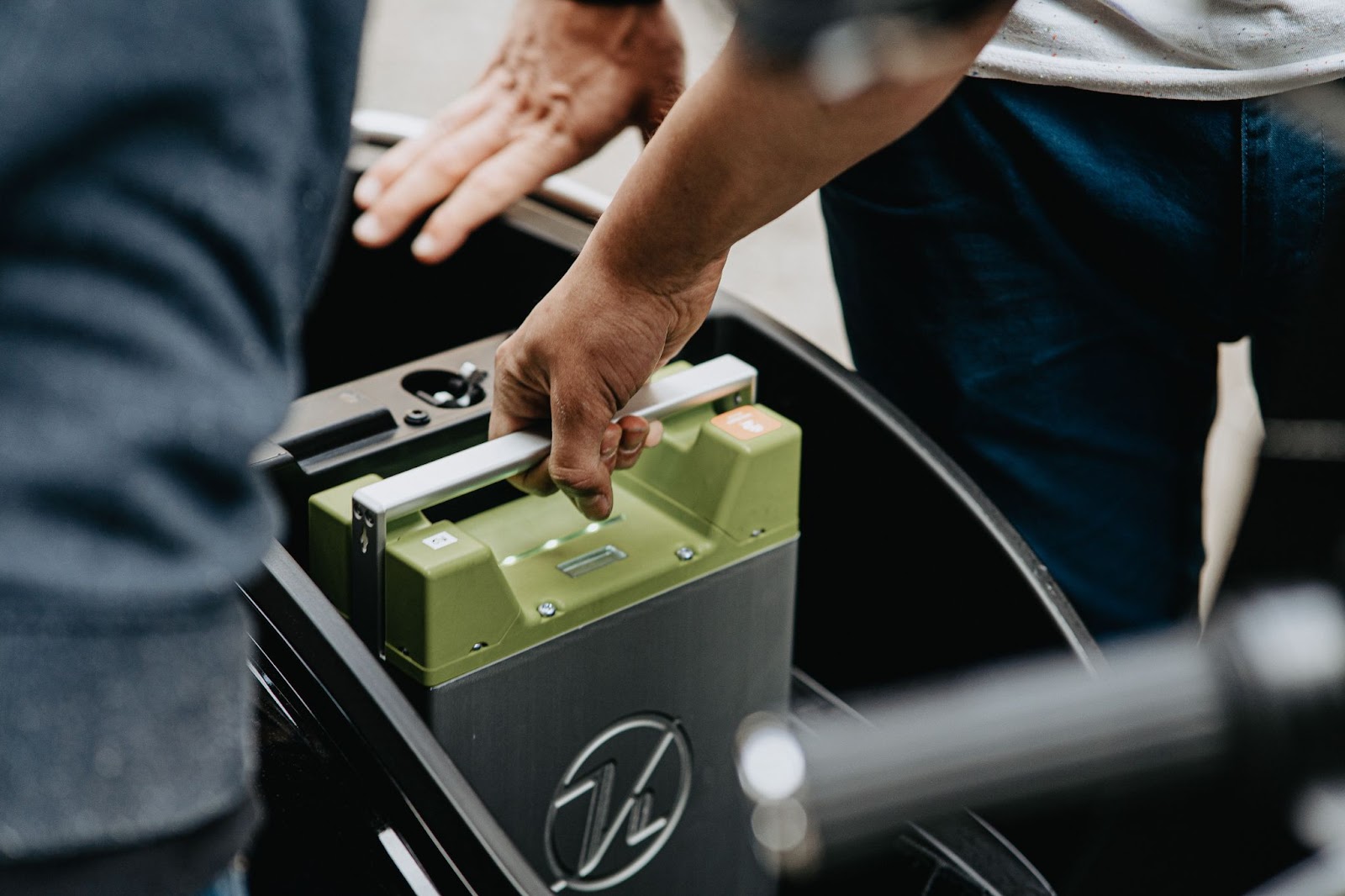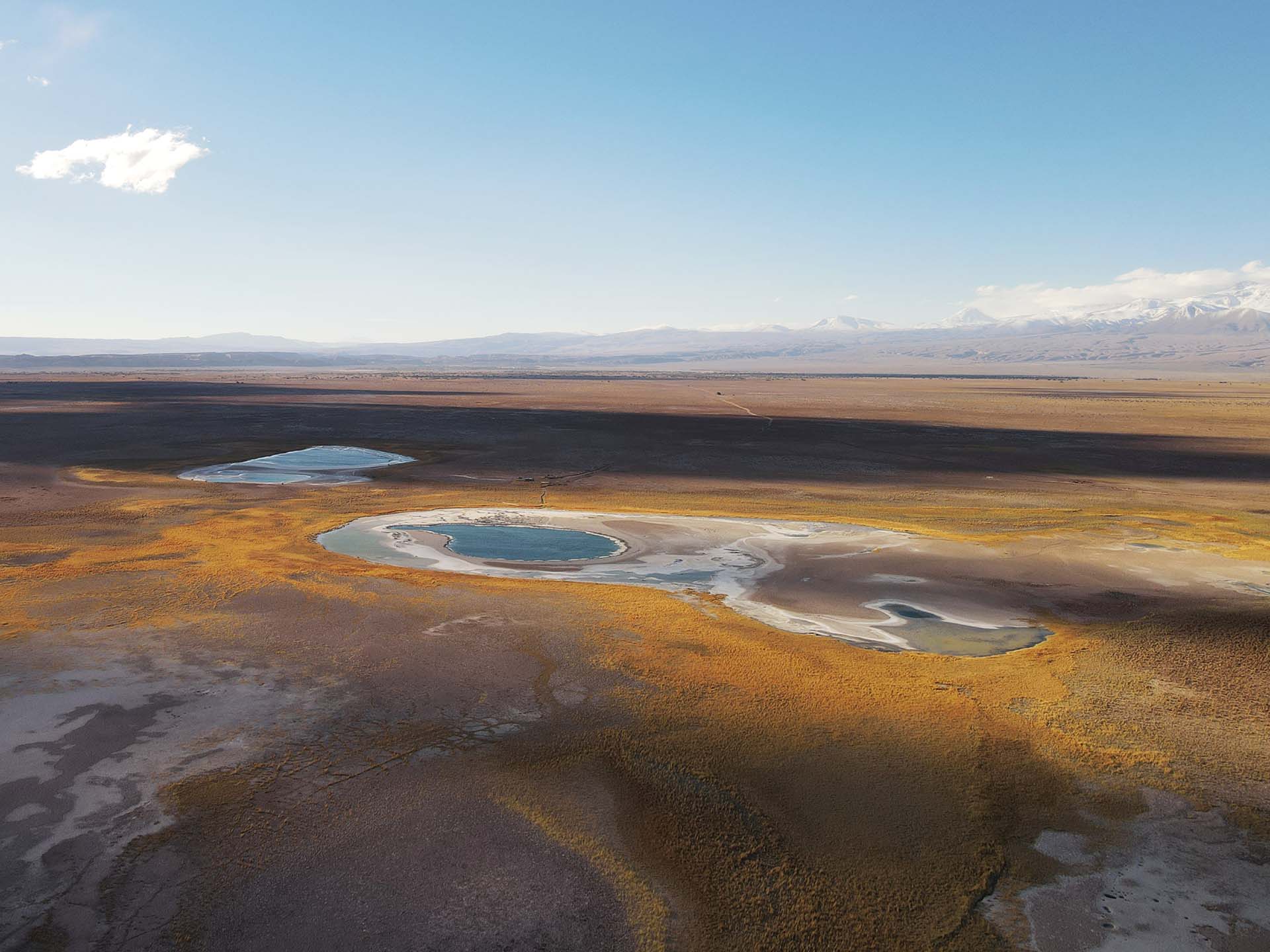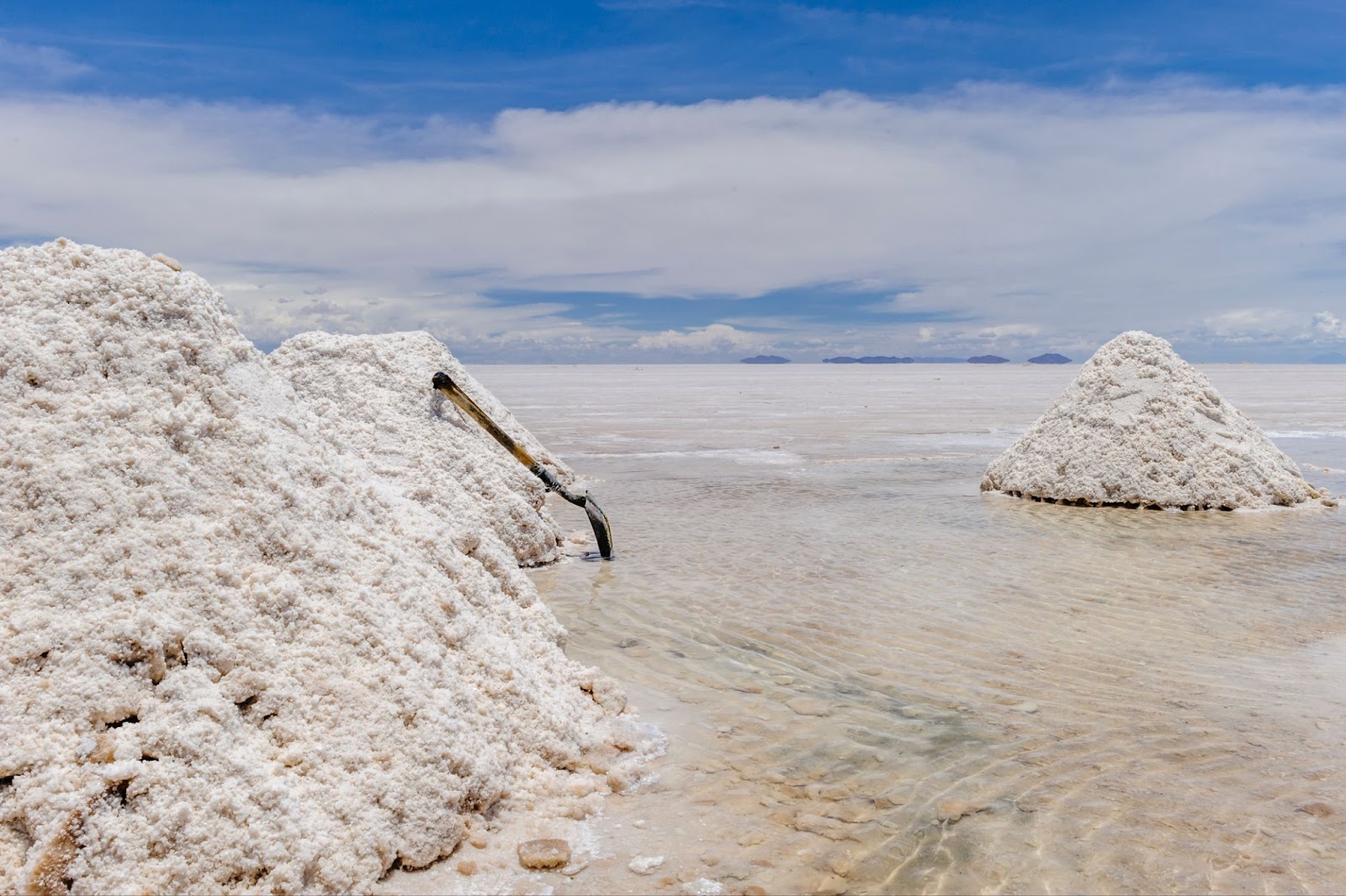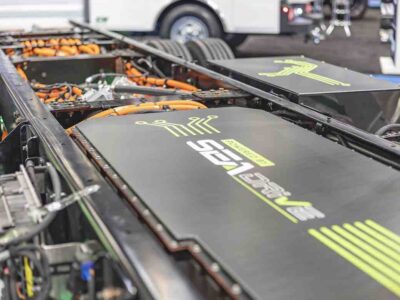To make electric vehicles (EVs) a more mainstream method of transportation, reliable batteries are required. Many EVs utilize lithium-ion versions for performance and dependable range. However, the challenge for auto manufacturers is sourcing lithium, much of which has to be imported from other countries.
Lithium mining is notorious for using extreme amounts of water during extraction and emitting a ton of carbon emissions from vehicles. California-based company Lilac Solutions says it has developed a more sustainable method for sourcing this valuable metal, which can be done within the continental U.S.
Lilac has created ion-exchange beads that can extract lithium from saltwater brine pools. These sites are found predominantly in Argentina and Chile but also in California and Nevada. This development not only makes it easier for extraction but will save time and money with fewer logistical obstacles to worry about. Ion-exchange beads have been used to clean water, but this is the first time they have been used for lithium mining.

Photo Courtesy Kumpan Electric
How does this ion-exchange method work? Brine water flows into a tank full of beads. The beads absorb lithium while rejecting other minerals like sodium, boron, magnesium, and calcium. Hydrochloric acid is flushed into the tank, converting the metal into lithium chloride compounds. A powder form of lithium is the final product, shipped off to auto manufacturers for EV battery cells.
The beads can be reused hundreds of times before they need replacing, and when they do, they can be melted down to be remade into new ones. This type of technology is critical to improving the speed of EV production.
Lilac CEO Dave Snydacker says that while other mining firms have tried to do this, his company is one of the first success stories. “For the first time, Lilac developed a bead that has the right chemical properties for commercial lithium production,” he said to CNBC.
Having a more sustainable domestic lithium supply chain is a major development. According to BP, in 2020, the U.S. only produced about 1% of the world’s lithium supply, while more than 90% collectively came from Australia, China, Chile, and Argentina.
As demand for EVs grows, so too does the need for lithium. Complications have arisen when factoring in global supply chain issues. Not to mention, importing it creates more emissions with shipping and incurs fuel costs.
Lilac’s ion-exchange beads could eliminate some of these costs and reduce emissions from mining. This method also uses much less water, utilizes more renewable energy power, and minimizes salt waste, the deposits left behind from evaporation in traditional lithium mining.
“Companies dig in lines, pump enormous amounts of water from the ground, end up with a viscous slurry, and take it away on a truck,” Matthew Nordan, Lilac board member, said to CNBC. “They leave behind salt, lots and lots of salt, and every time it rains, the salt can flow down the valley into farmland.”
Photo Courtesy Alexander Schimmeck
According to McKinsey & Company, EV batteries will account for 95% of the world’s lithium supply by 2030. That’s why the U.S. must find its domestic supply of lithium. More EV battery plants are opening nationwide, but if the global supply chain can’t keep up, production will slow, and targets will be missed.
New lithium mining projects are being proposed in states like California, Nevada, North Carolina, Tennessee, and Maine. The federal government is also allocating funds to “strengthen critical mineral supply chains.” Lilac was selected to negotiate a $50 million grant with the Department of Energy for expanded mining and production. More financial backing from the government will aid in advancing America’s domestic supply of lithium.
Still a young company, Lilac also has substantial private capital investors, including T.Rowe Price and Lowercarbon Capital. It announced in September 2022 that it had raised $150 million, which it says will be used to hire more workers and develop pilot projects for lithium evaporation extraction projects in Argentina and Chile that will complement the U.S. output.
“We strongly believe our unique technology will play a critical role in strengthening the domestic lithium-ion battery supply chain,” Snydacker said in a press release. “The development of Lilac’s U.S. operations, which range from materials manufacturing to lithium production, will be turbocharged by this significant award.”






